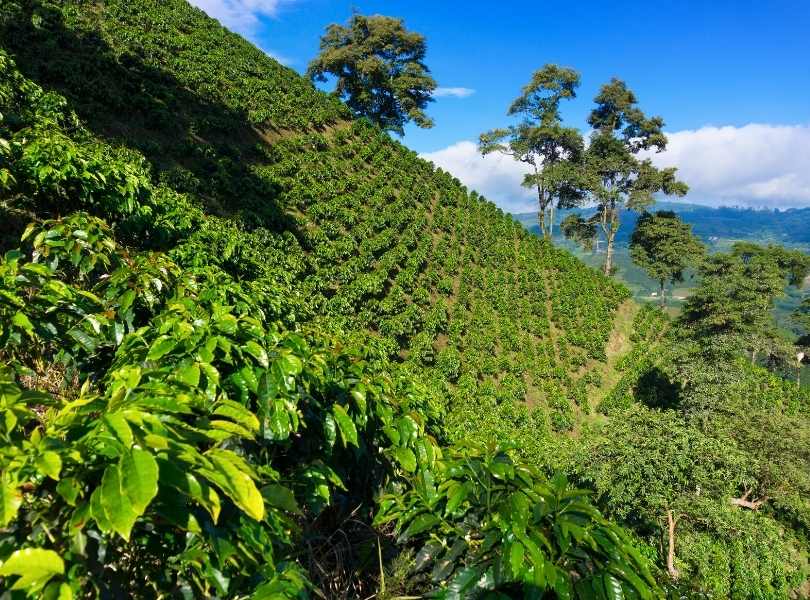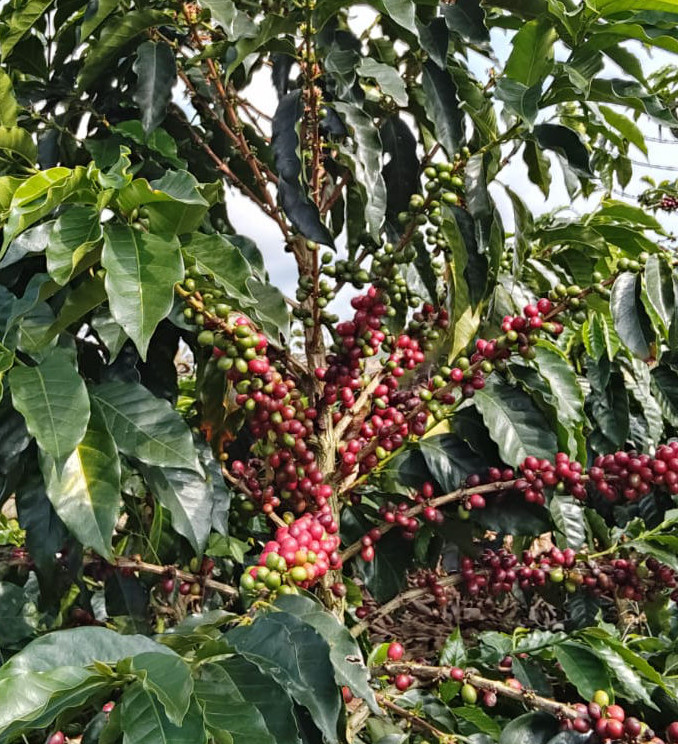Specialty green coffee lot: Colombia Washed
Milena and her family farm received several recognitions and awards in the last couple of years
| Region | Cauca |
|---|---|
| Estimated arrival | 15 Mar, 2025 |
| Processing | Washed |
| Notes | SweetFruityFermented |
| Farming | Reduced PesticidesDeforestation-freeShade-grownFemale coffeeSmall farmFamily farmVisitors welcome |
| Cultivar | Colombia |
| Altitude | 1650 masl |
| Bag Size | 24 (One 24kg box with two vacuum bags of 12kg) |
| Packaging | Vacuum |
| Drying | Sun-dried - Marquesina |
- Get to know who, how and where the coffee that you will sell to your clients is produced. Each coffee goes through a unique process, many times engineered by the producer herself. Acquire the coffee in a direct and consistent manner and praise the value created at the farm.
- Buying without the unnecessary intermediaries allows the producer to obtain better prices. This helps generate better jobs and more prosperous rural communities.
- When you buy pre-harvest you allow the producer to produce on demand at an agreed price. This is the most powerful way to motivate investment in quality. In addition, you indirectly support producers to get financing at a lower cost.
- Support producers who strive for implementing environmentally friendly cultivation practices. It requires a lot of effort and higher costs to protect the environment and put in practice cleaner ways of farming. Support a more environmentally sustainable industry and communicate this to your customers.
- Specially crafted coffee is not easily available as the big chunk of volume is pulled by commercial coffee, which is often institutionally protected. Therefore, buying crafted coffee is a great option to reward those risk-taking, innovative and revolutionary producers that are committed to conscious and quality consumption.

Terroir: Cauca
The Cauca region is the cradle of the Colombian massif, which is the source of most of Colombia's major rivers such as the Cauca and Magdalena. Cauca is closer to the equator, receives the most hours of sunshine throughout the year, has a stable climate throughout the year and the farms enjoy the protection of the high mountains from the winds and humidity that comes from the Pacific.
However, it is worth remembering that unlike other regions where the temperature does not drop too much at night, in the case of Cauca, there are often low temperatures that can be considered adverse for the coffee tree but at the same time slows down the ripening of the coffee cherry and therefore accumulates more sugars and compounds that enhance its acidity and sweet and fruity notes.
Similarly, the interaction of the sugar with the sulphur from the volcanic soils originating from the presence of the Puracé and Sotará volcanoes influences the caramel aroma that characterises the coffees of this region, which can generally be described as having a strong, caramel aroma, with notes of chocolate, caramel, apple and honey. Bright, high acidity in the cup, medium body with a balanced, smooth and clean overall impression.
In Cauca, it is very common to find micro-lots and nano-lots with very particular processing characteristics and cup profile. The mountainous and heterogeneous character of the area means that the coffee produced in different places and at different times of the year has different characteristics.

Cultivar: Colombia
The Colombia variety is a variety developed by the National Coffee Research Centre in Colombia (Cenicafe), which was put on the market in 1983 after more than 15 years of research.
It all began in 1968 with the crossing of Caturra and the Timor Hybrid, in order to develop a cultivar that would be productive and resistant to rust and that could also be planted at high density, as is the case with Caturra.
This variety has been improved over the years and has been the breeding basis for different sub-varieties, one of them being Castillo. The variety Colombia can produce red and yellow cherries.

